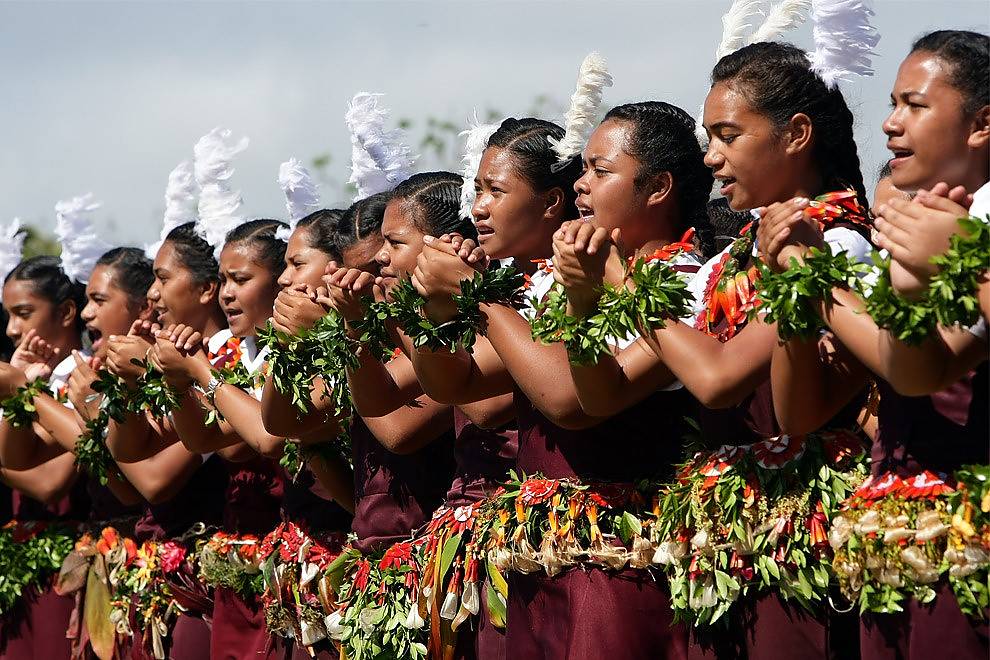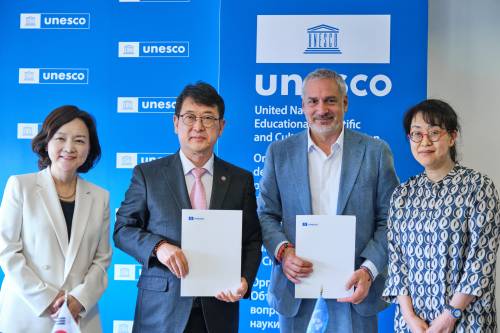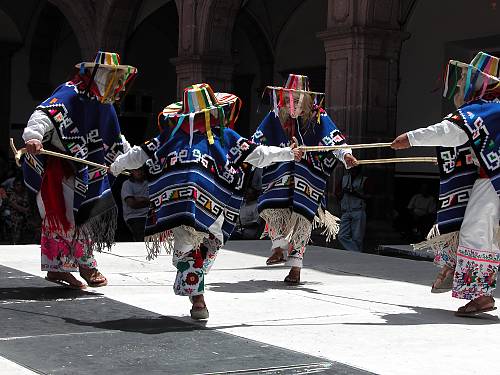On 7th and 8th of April, an inter-regional workshop took place to launch the project ‘Capacity building for safeguarding intangible cultural heritage in emergencies in Small Island Developing States (SIDS) in the Pacific and the Caribbean’.
More than ever, climate change presents unique challenges to SIDS and its impacts are exacerbated in the Caribbean and Pacific regions. This project, generously funded by the Japanese Funds-in-Trust, will therefore provide a timely support for communities so that they can mobilize their living heritage to prepare for, respond to, and recover from natural disasters.
Held in cooperation with the UNESCO Cluster Office for the Caribbean in Kingston (Jamaica) and the UNESCO Office for the Pacific States in Apia (Samoa), the objective of the workshop was to bring together key stakeholders from The Bahamas, Belize, Fiji, Tonga and Vanuatu, to build a shared understanding of the importance of safeguarding intangible cultural heritage in emergencies, and particularly its integration into strategies for disaster risk reduction.
The workshop was an opportunity to introduce participants to key concepts linking intangible cultural heritage (ICH) safeguarding and disaster risk reduction (DRR), as well as to the Operational principles and modalities for safeguarding ICH in emergencies , which emphasize the dual role that living heritage plays in emergencies: on one hand vulnerable to disasters, on the other, a resource to help in mitigating them. The roundtable discussion gathered ICH actors and officers from the National Disaster Management Offices (NDMO) from the five SIDS to share their experiences and insights related to country-specific contexts for ICH safeguarding and DRR.
Furthermore, through its capacity-building approach, the project will serve as a model in other SIDS and countries prone to natural disasters. With a strong emphasis on peer-to-peer learning and exchange between the SIDS, the project will contribute to the establishment of a network dedicated to safeguarding living heritage and disaster risk reduction in the inter-regional context, fostering South-South cooperation.
Visit our webpage to read more on living heritage in emergencies and read our thematic brochure in English|French|Spanish.
The project ”Capacity building for safeguarding intangible cultural heritage in emergencies in Small Island Developing States (SIDS) in the Pacific and the Caribbean’ directly responds to the need identified in the Small Island Developing States Accelerated Modalities of Action Pathway (SAMOA Pathway), an internationally agreed programme of action for SIDS elaborated by the United Nations.




